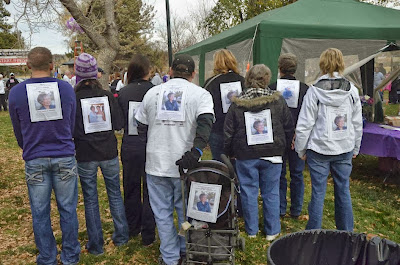“We're now using imaging to understand the treatment heterogeneity that one can see in immunotherapy – not all tumors within a patient’s body react the same way, even in the face of powerful treatments, and now we have a way to follow these unique treatment responses in patients in real-time,” said lead author Gregory Beatty, MD, PhD, an assistant professor in the division of Hematology/Oncology in the Abramson Cancer Center.
The report builds on preliminary results of findings in both humans and mice published in Science in 2011. The new approach exploits an immune reaction in the microenvironment of the patient’s primary tumor by targeting an immune cell surface molecule CD40 to turn a type of white blood cell known as macrophages against the tumor by causing them to attack the stroma, the fibrotic supporting tissue of the tumor that acts as a defensive barrier to standard therapies. The treatment ate away at this stroma, ultimately causing substantial shrinkage of some primary tumors, and affecting the metabolic activity of both primary and metastatic lesions. Of 21 patients treated with the drug combination, five patients who received at least one treatment course developed a partial response, defined as a decrease in tumor size of at least 30 percent.
The study new also measured the effectiveness of applying a new approach to FDG/PET-CT imaging, to reveal the metabolic responses of individual tumors. FDG/PET-CT uses a radioactive glucose tracer to pinpoint glucose uptake within tumors, revealing the places where cells are metabolically active. Typically physicians and radiologists report only the maximum uptake of glucose within a tumor using this imaging technique; however, the new study showed that glucose metabolism can be quantified within individual tumors or within organs, and throughout the entire body, to provide a measure of total tumor burden.
The team found that while primary tumors seemed to respond more or less uniformly with each treatment cycle, tumors varied in their reactions to treatment. “We incorporated imaging as early as two weeks after the first dose of treatment, and we're able to see changes and responses in terms of glucose metabolism even at this early time point in treatment, which predicted how well patients would respond two months later,” Beatty says. The team hopes to apply the use of FDG/PET-CT to monitoring treatment responses during other immune-based therapies in pancreas cancer.
Click here to view the full release.
























